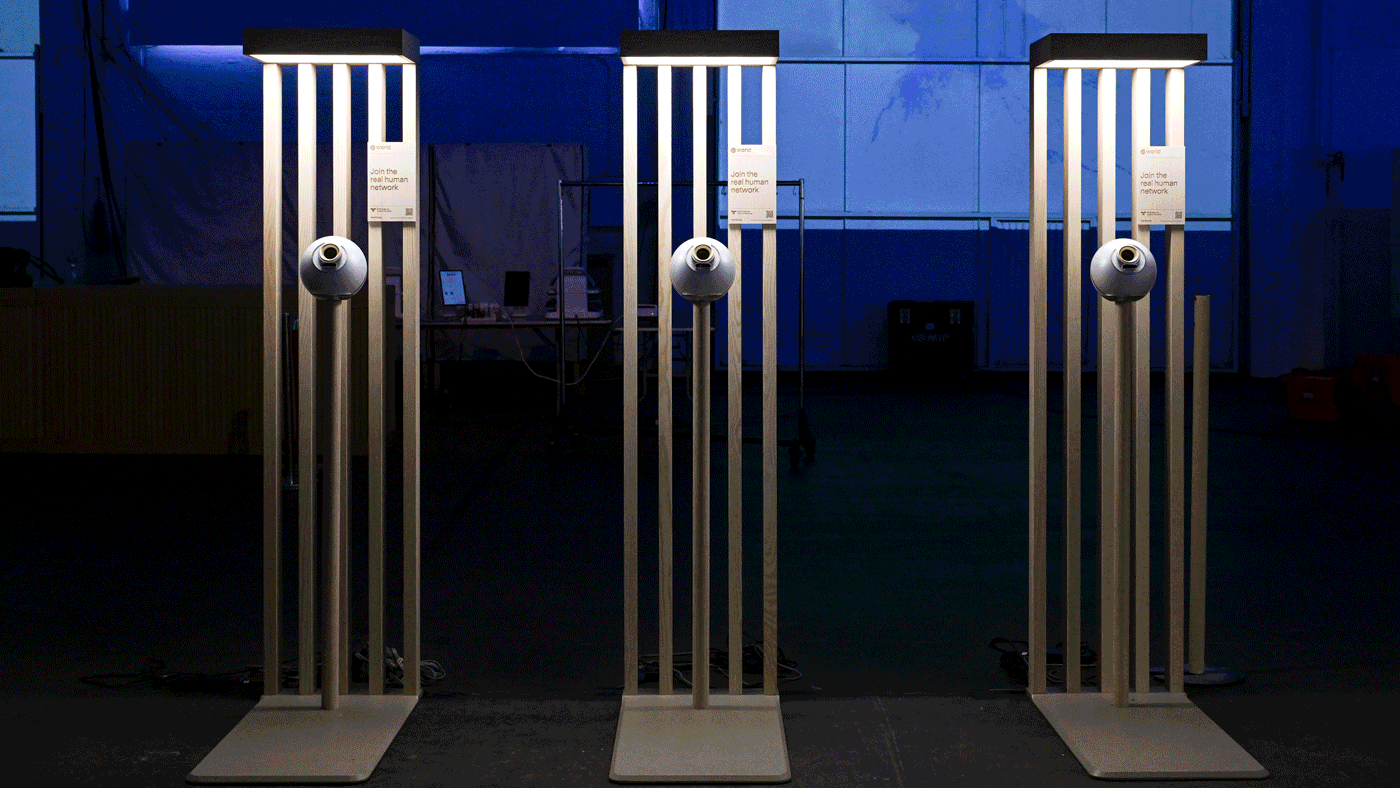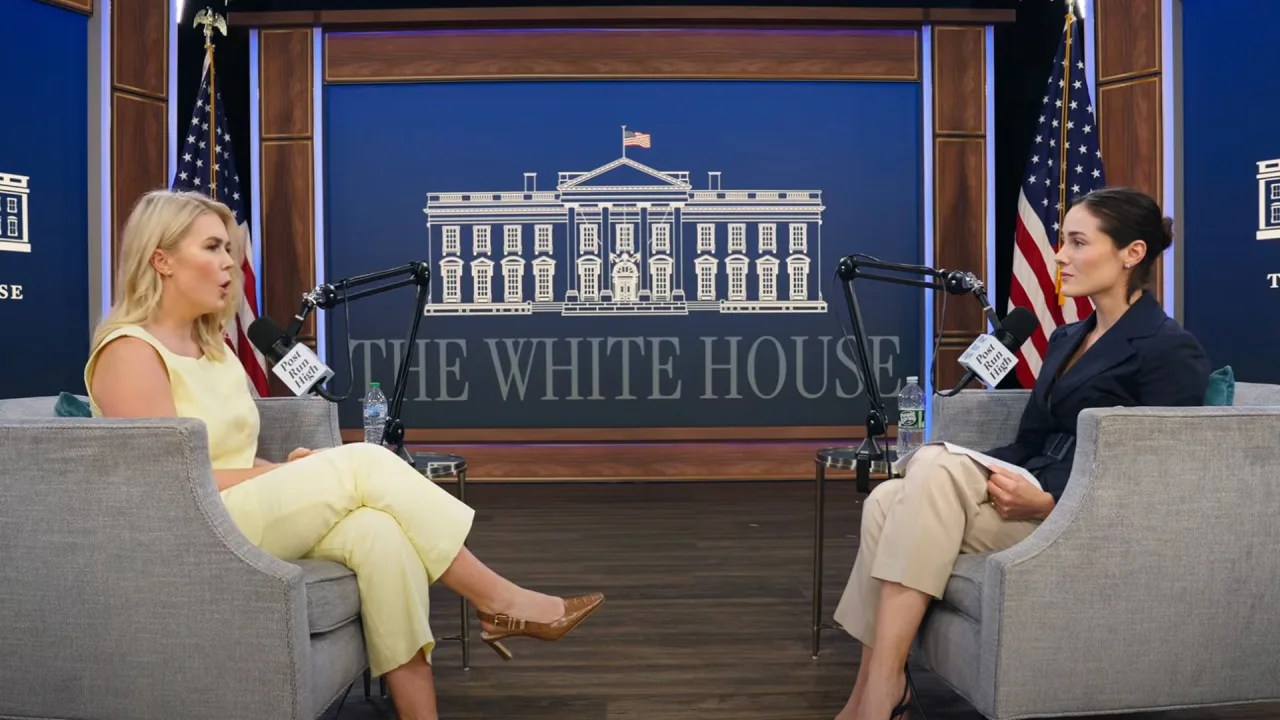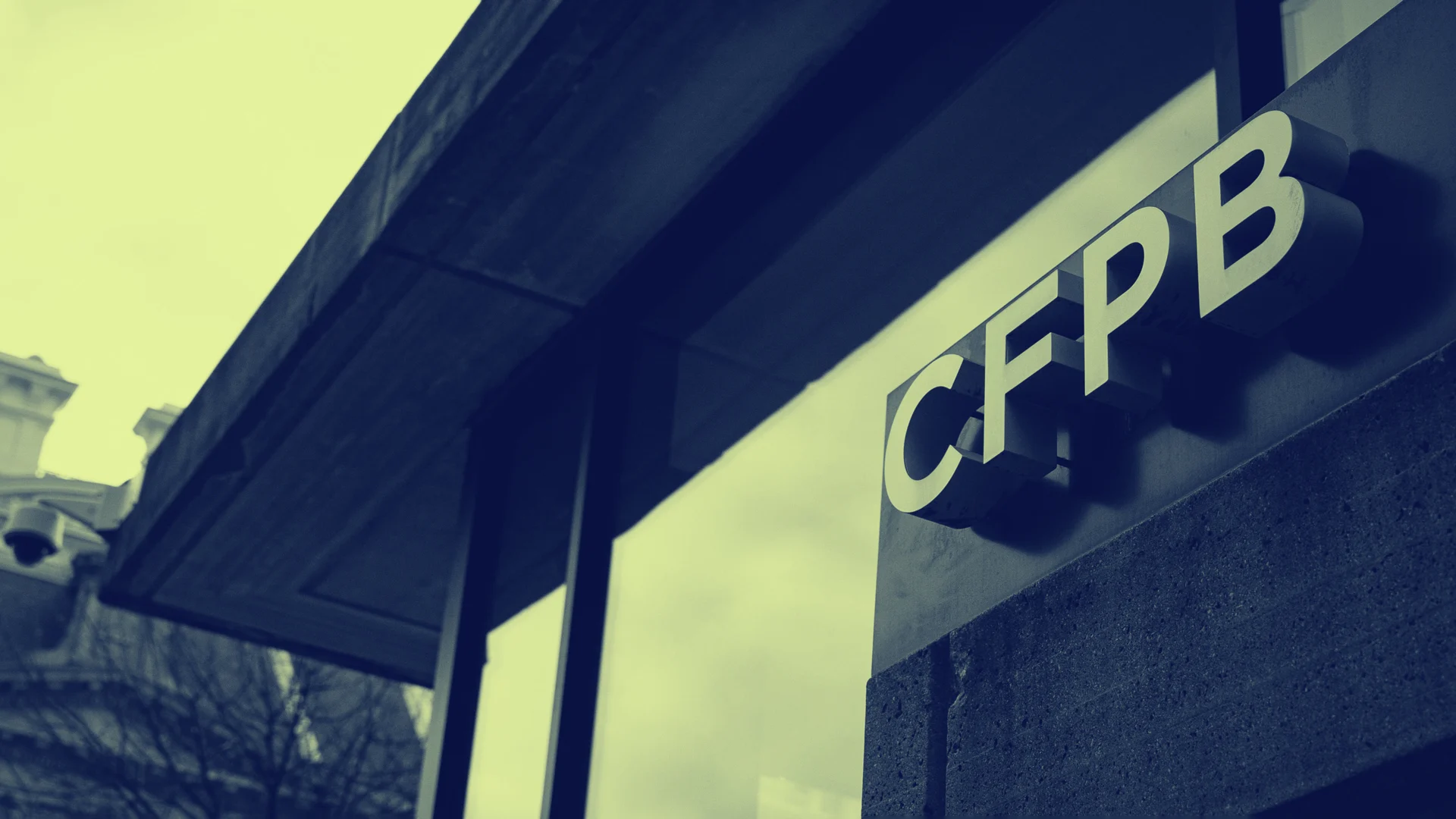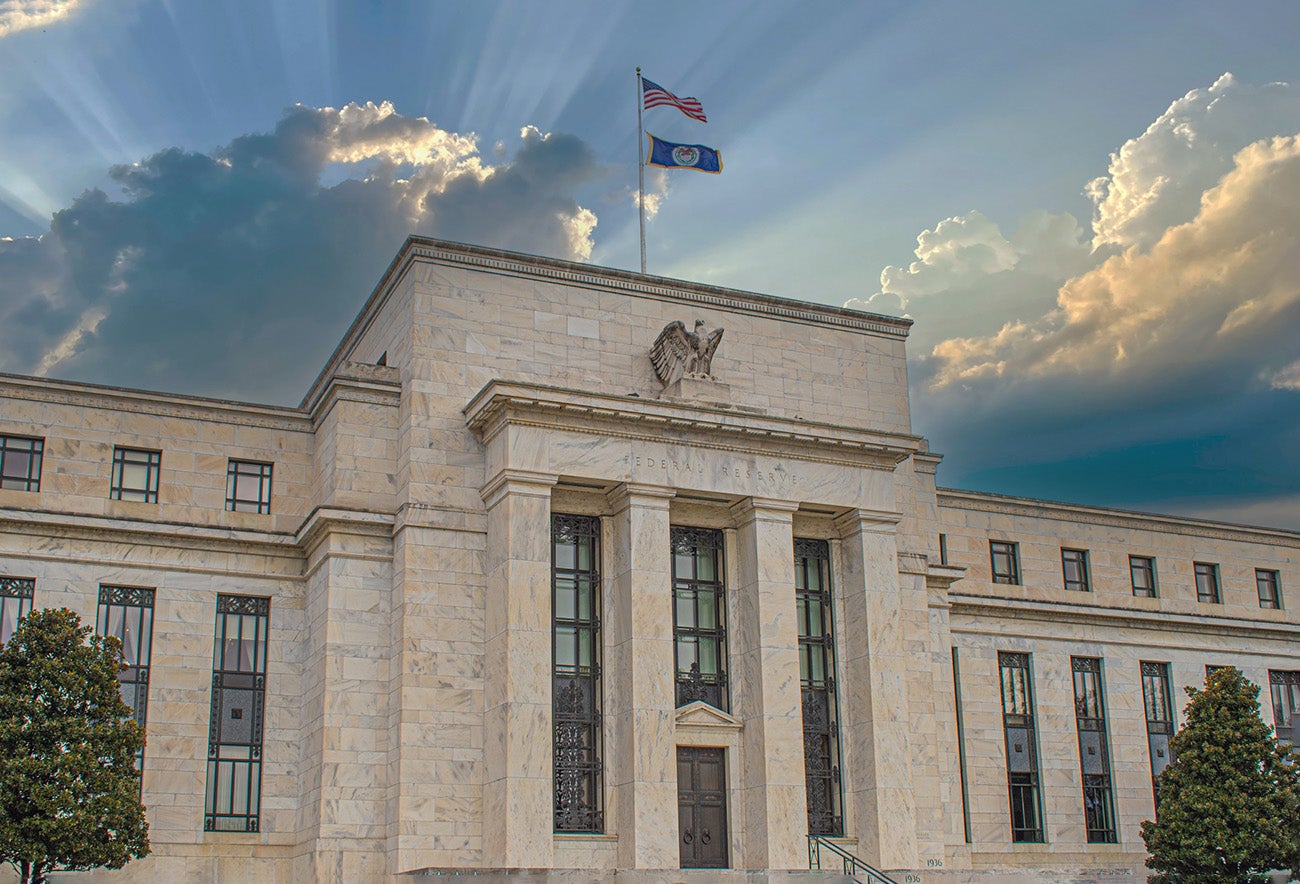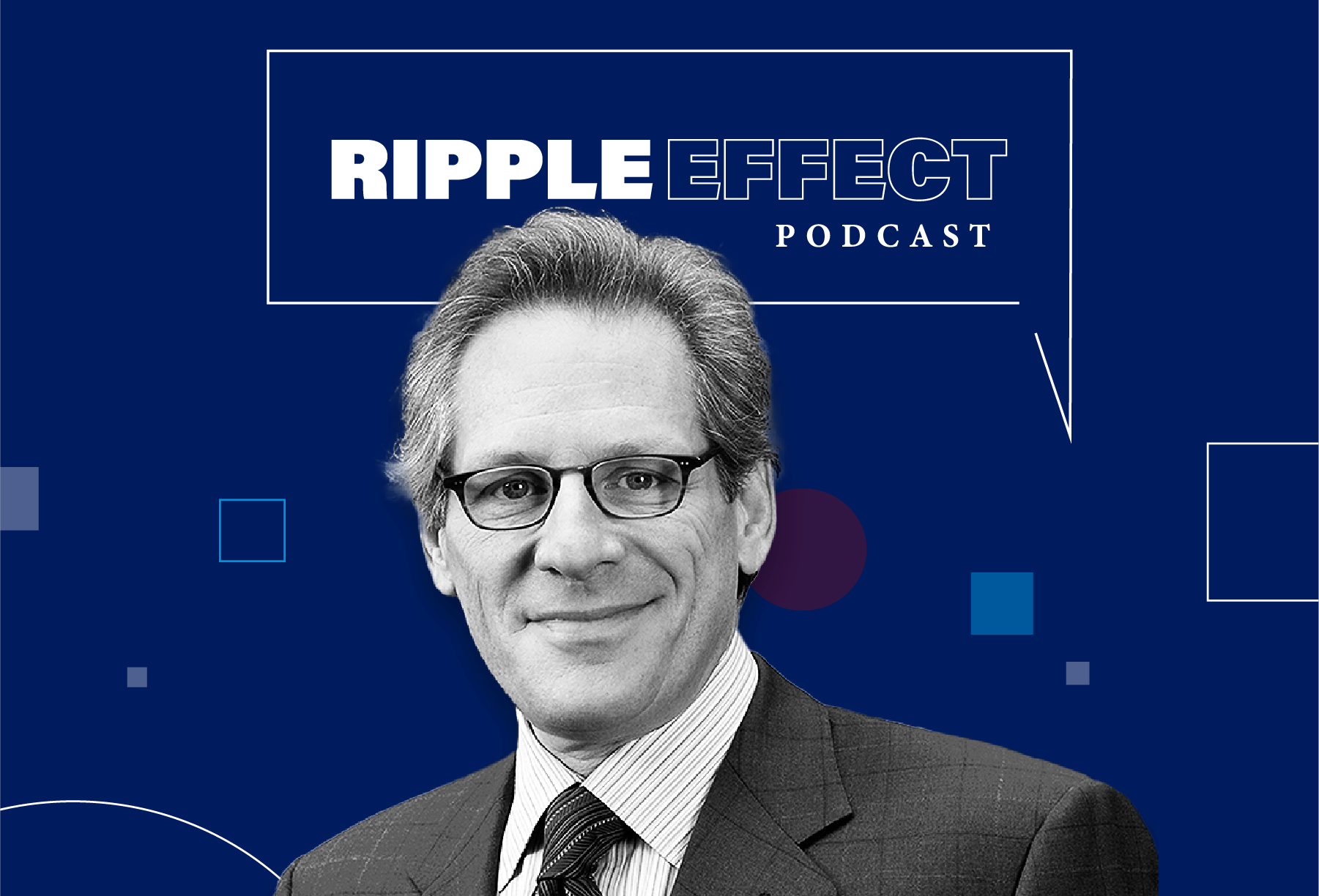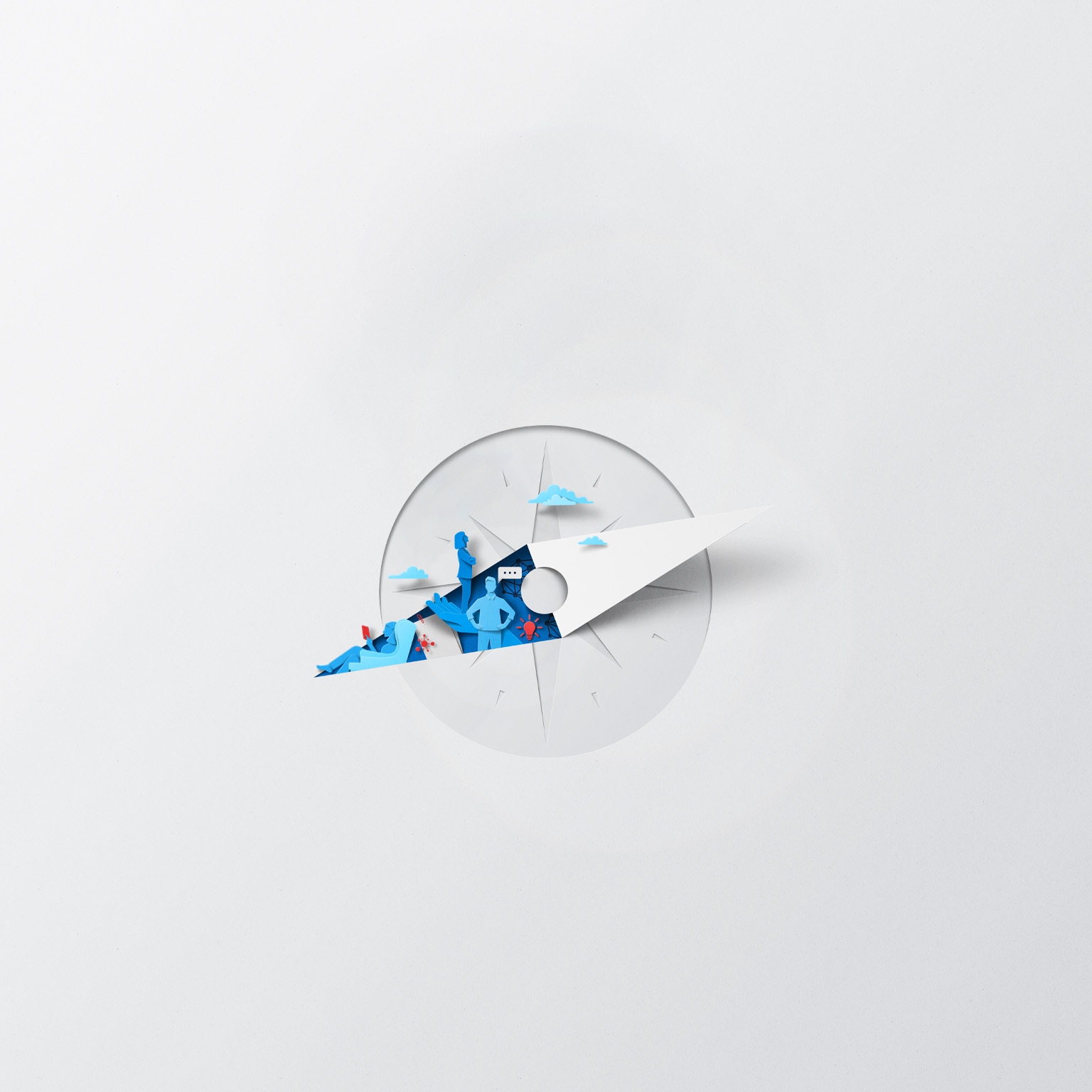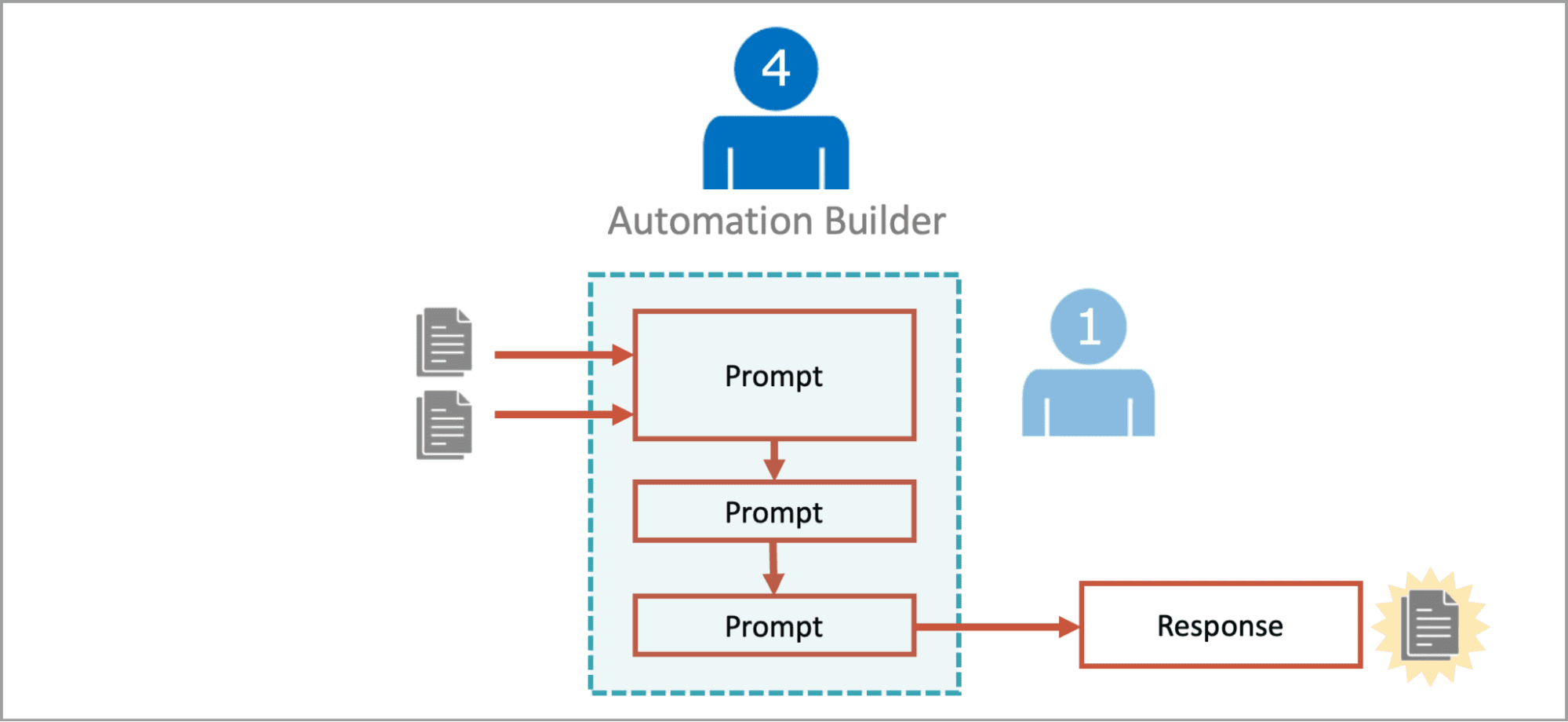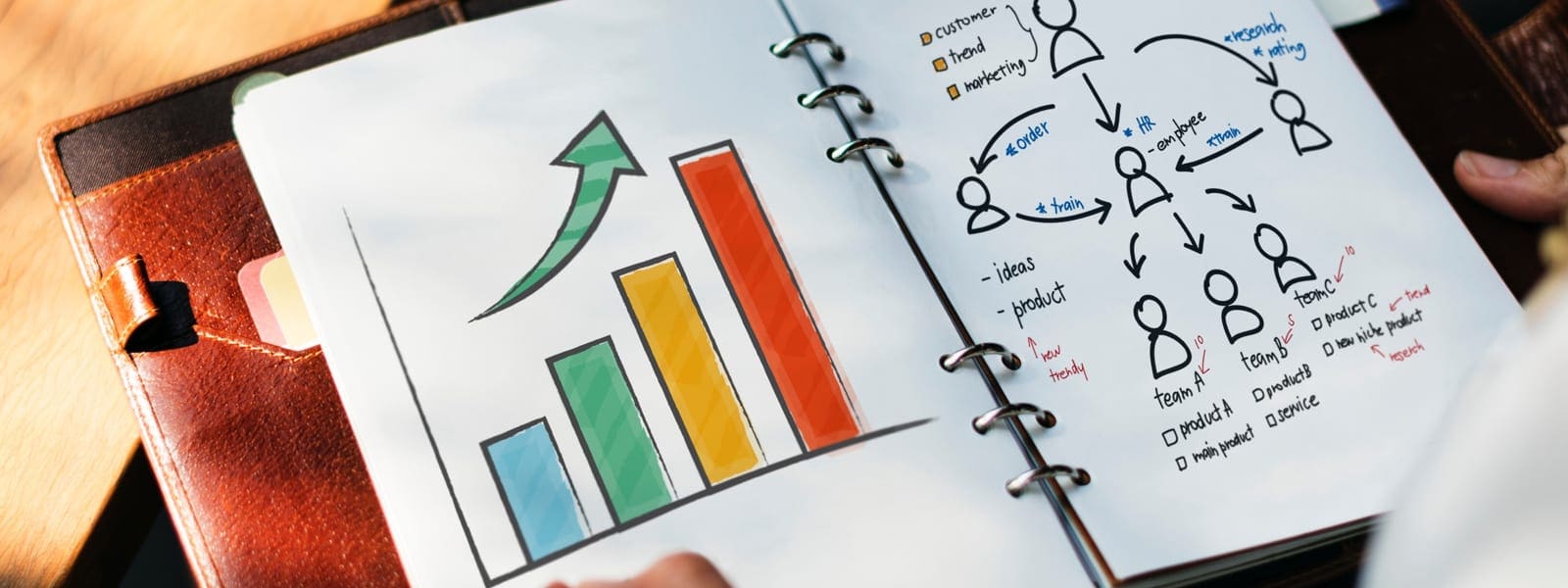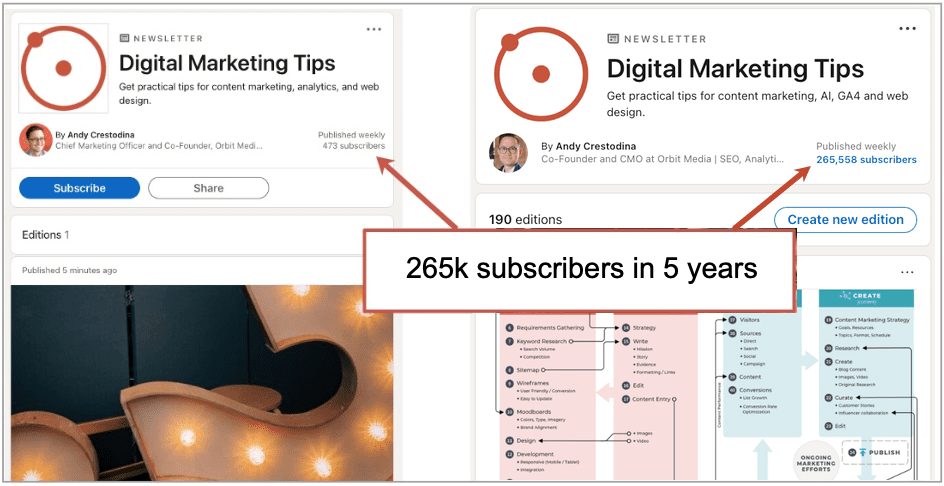From ‘your net worth will skyrocket’ to only ‘two dolls’: Trump’s new message of austerity
Donald Trump had a message for America’s children this week: Two dolls is plenty. “Somebody said, ‘Oh, the shelves are gonna be open,’” the president said while discussing his 145% tariffs on China. “Well, maybe the children will have two dolls instead of 30 dolls, and maybe the two dolls will cost a couple of bucks more.” Trump’s new message of austerity oddly echoes Jimmy Carter’s era-defining “Crisis of Confidence” speech from 1979. It’s a far cry, though, from the gilded lifestyle Trump is famous for and the promises he made on the campaign trail. “Vote Trump and your incomes will soar,” he told a crowd in Pennsylvania last September, without explaining just how he’d make that happen. “Your net worth will skyrocket. Your energy costs and grocery prices will come tumbling down.” Still reeling from the persistent sting of inflation, a slim majority of voters proved amenable to Trump’s message of imminent relief. According to a Gallup poll from October, 52% of voters said the economy would be “extremely important” to their presidential vote—the highest number since the Great Recession election in 2008. After the election, two-thirds of voters described the economy as “not good” in exit polls. If Trump came into office with a mandate, as he repeatedly claims, it was a mandate to “Make Groceries Less Pricey Again.” So far, Trump’s promised stratospheric incomes and subterranean grocery prices have yet to materialize. Instead, after Trump’s tariffs, recession indicators are everywhere. Tariff surcharges are showing up in some receipts and websites, and pointedly not showing up in others. Meanwhile, YouTubers and TikTokers are going all in on homesteading as a way to thrive in lean times. Even some senior Trump officials are reportedly beginning to hoard groceries and supplies in advance of high prices and shortages to come. Trump’s widely reported comments on frugal doll-shopping mark his starkest appraisal yet of the gale-force economic headwinds consumers are now facing. Previously, Trump had only hinted at the possibility of economic turmoil from his tariffs. Throughout his campaign, he framed tariffs as a cost-free way to stop foreign countries from taking advantage of the U.S., bring back domestic manufacturing, rid consumers of all that pesky inflation, and generally transform America into an economic Hercules. It wasn’t until after the election that he refused to rule out higher prices as a result of his tariffs, and not until after he’d already been re-inaugurated did he finally admit there will be “some pain.” For the past few months, Trump has been quiet about what that pain will actually feel like in practice. Will it be a pinprick or something closer to a shattered fibula? As recently as March, the president was assuring Americans, “We’re going to become so rich, you’re not gonna know where to spend all that money.” On Wednesday, however, following reports that the U.S. economy contracted in the first quarter of his term, Trump finally defined the contours of hardship to come. With his statement promoting the two-doll lifestyle, Trump flatly relented that pain would take the form of higher prices, scarcity, and diminished buying power. His subdued confession sits in stark contrast to his first term in office. In 2020, when COVID hit, Trump seemed loath to ask Americans to make sacrifices. Trump left it to the states to decide whether to advise citizens to shelter in place or not. He also refused to mandate mask use, despite the advice of top immunologists. (“I want people to have a certain freedom, and I don’t believe in that,” he said at the time.) Of course, it would be a lot easier to take at face value the president’s new embrace of American sacrifice and the two-doll lifestyle if it wasn’t coming from a billionaire who thinks other billionaires deserve more billions. As the president advises parents on how to budget, his supporters in Congress are hard at work figuring out how much they can cut from Medicaid to ensure Trump’s tax bill passes muster. It seems that part of the calculus guiding his tariff strategy is knowing he and his fellow billionaires will be fine no matter what.
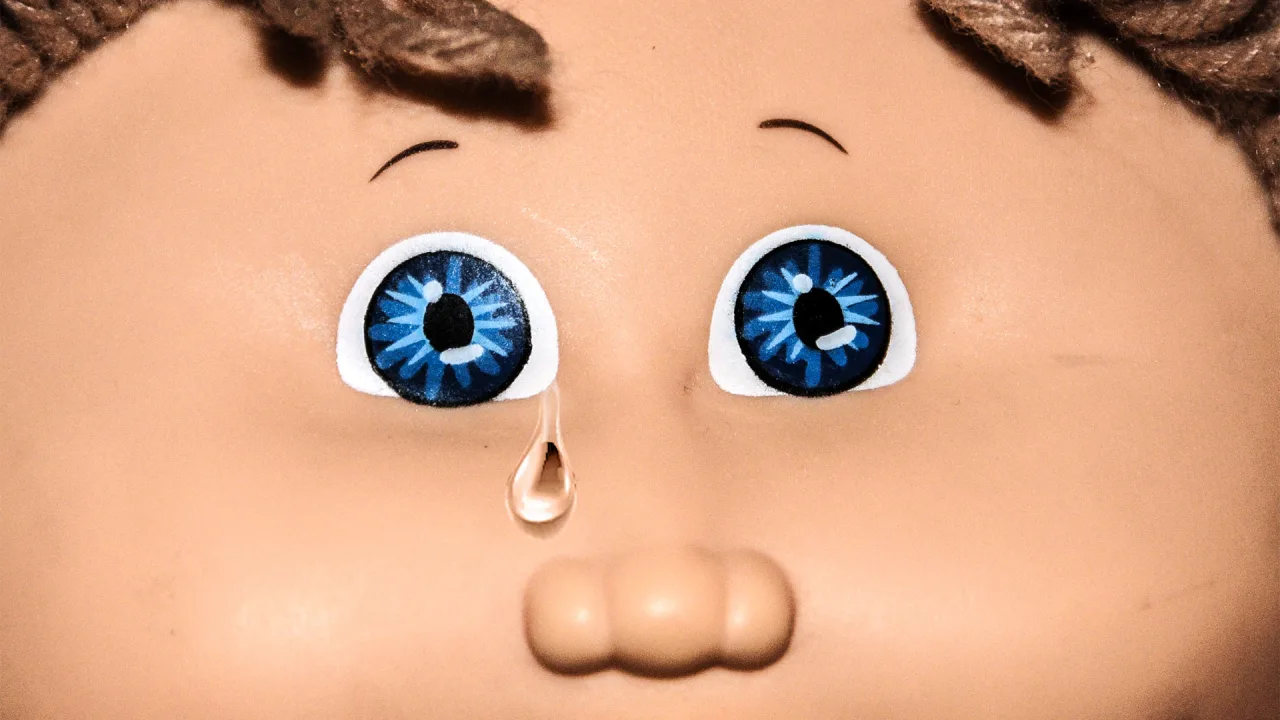
Donald Trump had a message for America’s children this week: Two dolls is plenty. “Somebody said, ‘Oh, the shelves are gonna be open,’” the president said while discussing his 145% tariffs on China. “Well, maybe the children will have two dolls instead of 30 dolls, and maybe the two dolls will cost a couple of bucks more.”
Trump’s new message of austerity oddly echoes Jimmy Carter’s era-defining “Crisis of Confidence” speech from 1979. It’s a far cry, though, from the gilded lifestyle Trump is famous for and the promises he made on the campaign trail. “Vote Trump and your incomes will soar,” he told a crowd in Pennsylvania last September, without explaining just how he’d make that happen. “Your net worth will skyrocket. Your energy costs and grocery prices will come tumbling down.”
Still reeling from the persistent sting of inflation, a slim majority of voters proved amenable to Trump’s message of imminent relief. According to a Gallup poll from October, 52% of voters said the economy would be “extremely important” to their presidential vote—the highest number since the Great Recession election in 2008. After the election, two-thirds of voters described the economy as “not good” in exit polls. If Trump came into office with a mandate, as he repeatedly claims, it was a mandate to “Make Groceries Less Pricey Again.”
So far, Trump’s promised stratospheric incomes and subterranean grocery prices have yet to materialize. Instead, after Trump’s tariffs, recession indicators are everywhere. Tariff surcharges are showing up in some receipts and websites, and pointedly not showing up in others. Meanwhile, YouTubers and TikTokers are going all in on homesteading as a way to thrive in lean times. Even some senior Trump officials are reportedly beginning to hoard groceries and supplies in advance of high prices and shortages to come.
Trump’s widely reported comments on frugal doll-shopping mark his starkest appraisal yet of the gale-force economic headwinds consumers are now facing. Previously, Trump had only hinted at the possibility of economic turmoil from his tariffs. Throughout his campaign, he framed tariffs as a cost-free way to stop foreign countries from taking advantage of the U.S., bring back domestic manufacturing, rid consumers of all that pesky inflation, and generally transform America into an economic Hercules. It wasn’t until after the election that he refused to rule out higher prices as a result of his tariffs, and not until after he’d already been re-inaugurated did he finally admit there will be “some pain.”
For the past few months, Trump has been quiet about what that pain will actually feel like in practice. Will it be a pinprick or something closer to a shattered fibula? As recently as March, the president was assuring Americans, “We’re going to become so rich, you’re not gonna know where to spend all that money.”
On Wednesday, however, following reports that the U.S. economy contracted in the first quarter of his term, Trump finally defined the contours of hardship to come. With his statement promoting the two-doll lifestyle, Trump flatly relented that pain would take the form of higher prices, scarcity, and diminished buying power. His subdued confession sits in stark contrast to his first term in office.
In 2020, when COVID hit, Trump seemed loath to ask Americans to make sacrifices. Trump left it to the states to decide whether to advise citizens to shelter in place or not. He also refused to mandate mask use, despite the advice of top immunologists. (“I want people to have a certain freedom, and I don’t believe in that,” he said at the time.)
Of course, it would be a lot easier to take at face value the president’s new embrace of American sacrifice and the two-doll lifestyle if it wasn’t coming from a billionaire who thinks other billionaires deserve more billions. As the president advises parents on how to budget, his supporters in Congress are hard at work figuring out how much they can cut from Medicaid to ensure Trump’s tax bill passes muster. It seems that part of the calculus guiding his tariff strategy is knowing he and his fellow billionaires will be fine no matter what.

